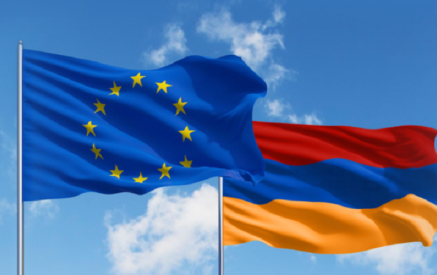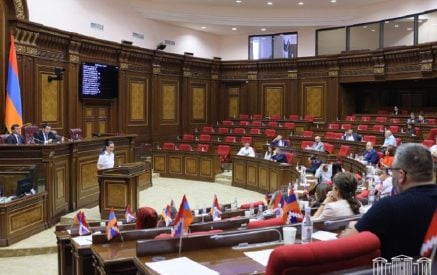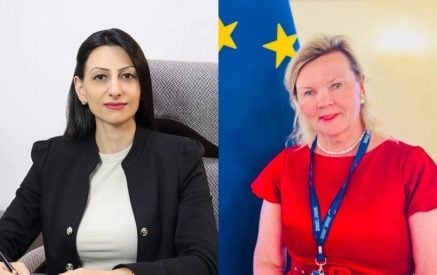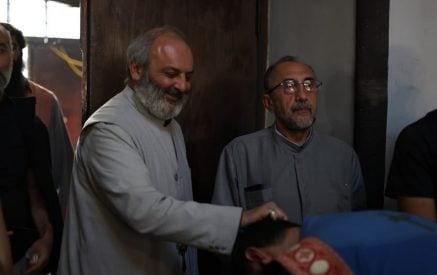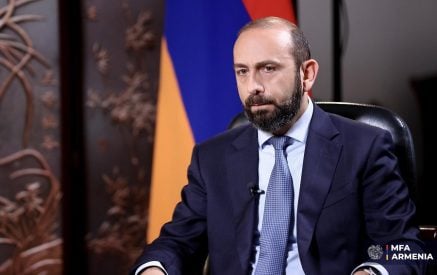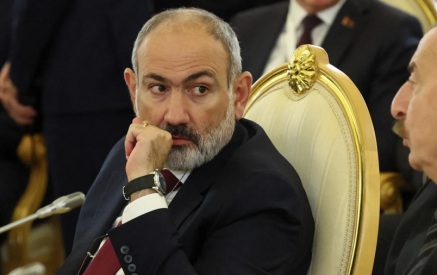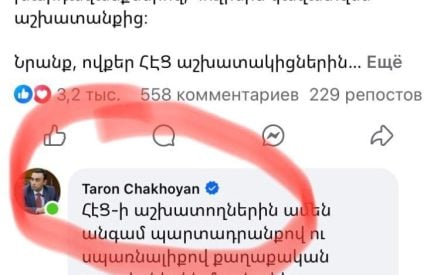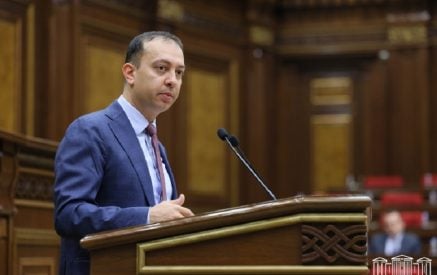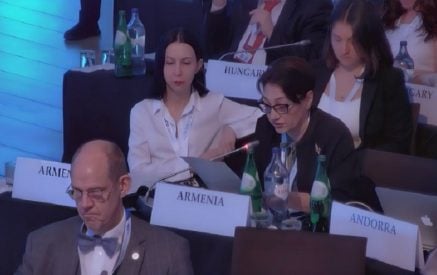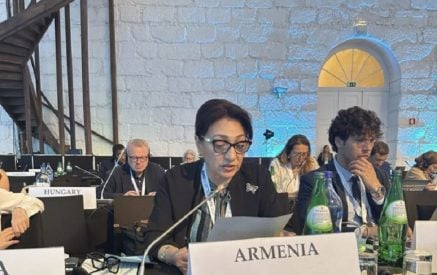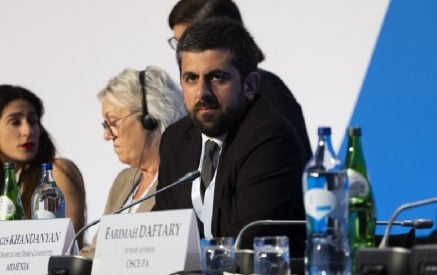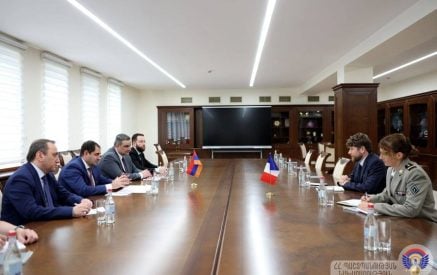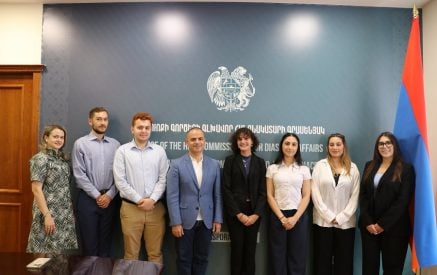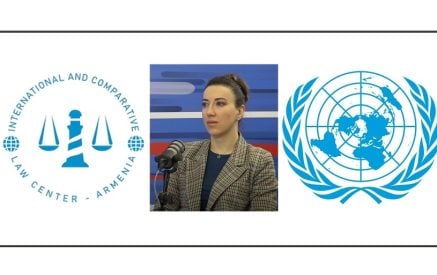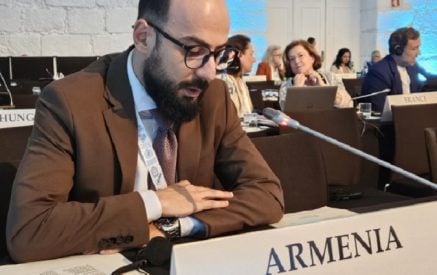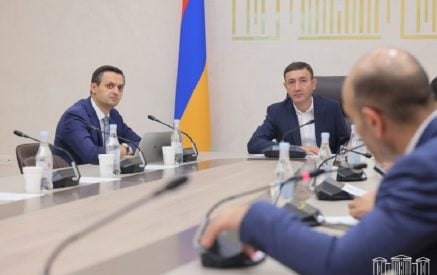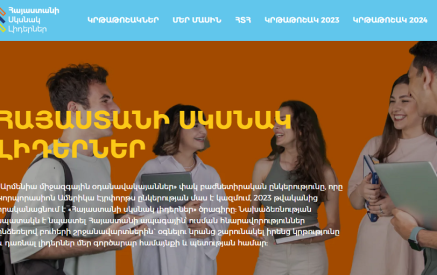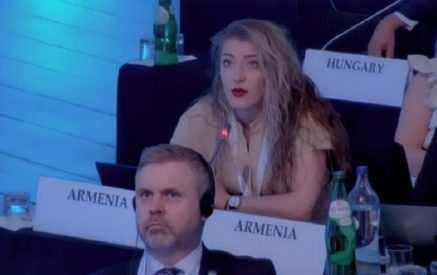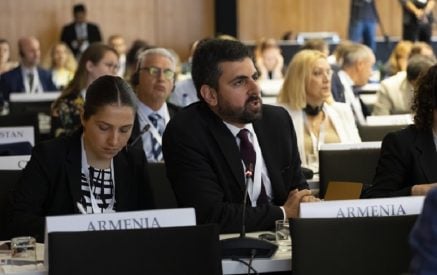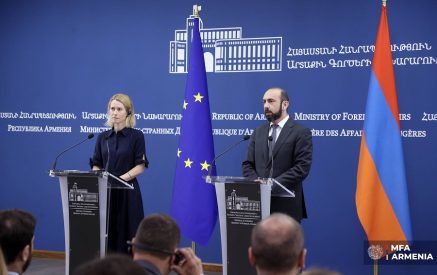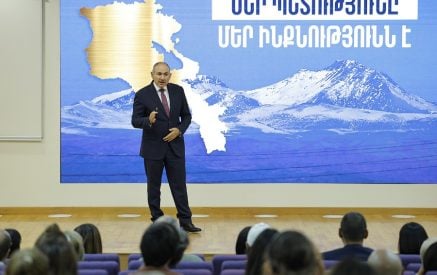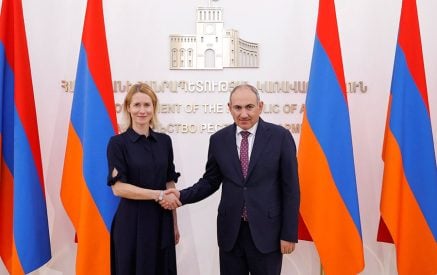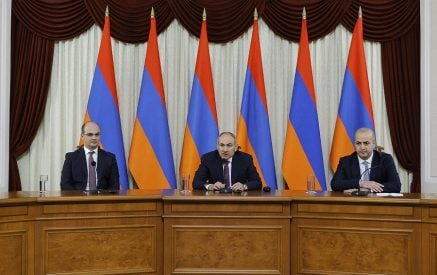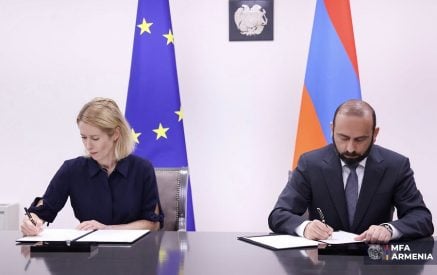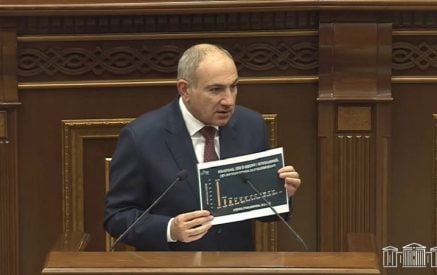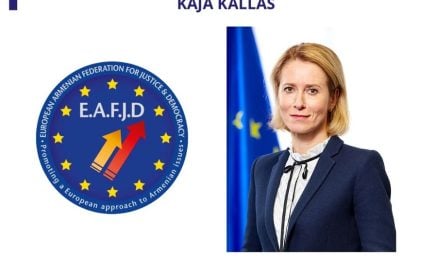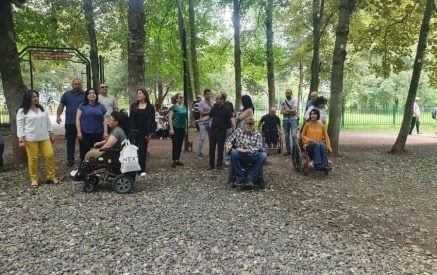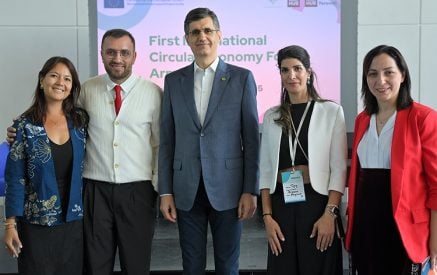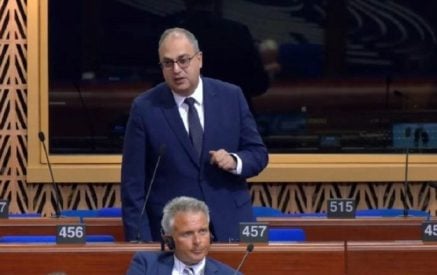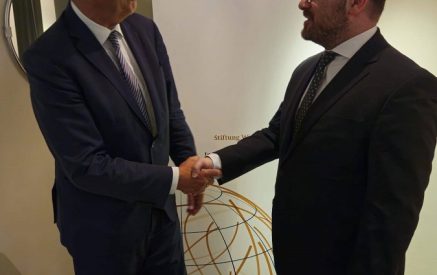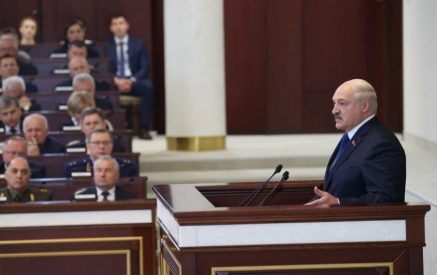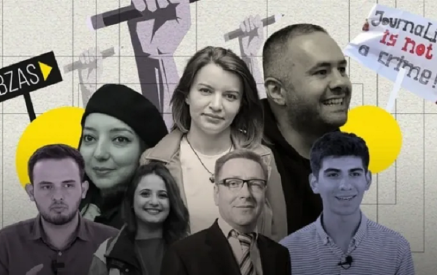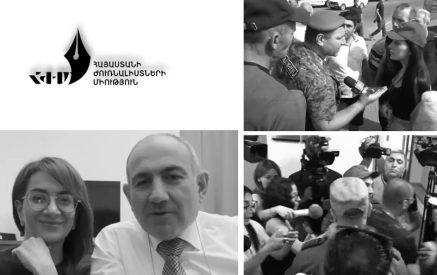The 2024 IPI World Congress and Media Innovation Festival, held in the Bosnian capital Sarajevo from 22-24 May, brought together leading voices from across the globe to address some of the most pressing issues of our time.
Supported by the European Union, these events were focused on the interconnected crises of economic inequality, wars and geopolitical conflicts, humanitarian struggles, the spread of misinformation, and the intense polarisation that affect the role of independent media.
Trends that will shape future of the media industry
Currently, the industry is experiencing “a perfect storm”. For example, Artificial Intelligence (AI) creates problems but also holds significant promise. At the same time, Google and Meta now receive approximately half of all global digital advertising spending.
Read also
Due to the global financial crisis, there is no sustainable business model for journalism, and advertising revenue has dropped dramatically.
News deserts continue to grow, and local media organisations have been particularly impacted. The failure of traditional business models was heightened by the economic impact of the COVID-19 pandemic.
Safety measures and freedom of speech remain hot topics, emphasising the necessity of three key elements to safeguard journalists’ rights and lives – PREVENT, PROTECT, PROSECUTE, as set out in the UN Human Rights Council Resolution on the Safety of Journalists. For example, Georgia is going through difficult times for civil society.
The IPI joined press freedom and journalist organisations in writing to representatives of the EU, urging them to call on the Georgian government to withdraw the ‘Transparency of Foreign Influence’ law, known as the ‘foreign agents law’, and to guarantee the safety of journalists reporting on the ongoing demonstrations. The controversial legislation echoes rules used by Russia, Hungary, and Kyrgyzstan to stifle opposition and civil society. The EU reacted to the situation and urged the Georgian authorities to reverse this trend and to firmly return to the EU path.
The power of collaboration
Noted issues ran through many hours of discussions like a red thread. One of the solutions is to support investigations and cross-border cooperation. We spoke with Timothy Large, the Director of Independent Media Programmes at IPI, who is responsible for the Investigative Journalism for Europe (IJ4EU) Programme, co-funded by the EU.
He believes that such projects unite journalists. “These are stories that don’t stop at national frontiers, whether it’s organised crime, or security issues, whether it’s the environment issues, or corruption topics. All these kinds of big stories increasingly need to be done through collaboration because most newsrooms don’t have the ability to do the cross-border reporting on their own,” Timothy Large emphasised.
During the first round of applications for the IJ4EU Investigation Support Scheme this year there were many different types of topics, but some clear trends were definitely present.
“One significant trend is that Ukraine remains a very important country. I’m really glad to see that despite everything else going on in the world, there is still a lot of focus on Ukraine, which is rightly the way it should be. In the coming months, you can expect to see quite a few stories related to security and Russia’s networks of disinformation, among other related topics. The environment is another big trend we observe. Climate stories and pollution stories are prominent, and these often extend beyond Europe, covering various interesting global aspects,” Timothy Large added.
Teams must have members based in at least two European countries that have signed up for the full cross-sectoral strand of the European Union’s Creative Europe Programme. This means that while Ukraine and Georgia can implement the projects, other countries can also be part of the creative teams.
Under the latest call of the Investigation Support Scheme, 34 cross-border teams had one or more journalists based in Ukraine, 14 teams in Georgia, and 4 teams in Moldova and Armenia. The next call is planned for September 2024, and all instructions can be found on the IJ4EU website.
Local journalism as a game changer
Immediately following the Russian invasion of Ukraine, media outlets faced numerous challenges. The working conditions of journalists in Ukraine were already precarious, but since the outbreak of the war, the primary concern has shifted to the survival of the local media.
Lera Lauda, Head of the ABO Local Media Development Agency in Ukraine, stressed that international partners’ support has been vital. “Now Ukrainian local media have a chance and opportunity to build a real trust between media and local audiences,” she said.
Viktor Pichugin, a reporter with the Nakipilo media group covering the Kharkiv region, added that during the war, Ukrainian journalists are working 20 hours per day, and their needs are only growing. “At the same time, one of our main goals is to offer our audience explanations, especially in areas where the state authorities are not providing enough information for people to make informed decisions,” he explained, highlighting the value of local media.
For example, in cooperation with the Lviv Media Forum, ABO and the Media Development Foundation, the DW Akademie’s MediaFit programme was able to provide crisis management support alongside financial grants to 42 media outlets so they can continue to cover their core costs and provide much-needed coverage. MediaFit is funded by the EU and co-financed by the German Federal Ministry for Economic Cooperation and Development (BMZ). Moreover, thanks to EU support, independent journalists and media outlets in Ukraine can utilise the Creators Fund, the primary content creation tool provided by DW Akademie.
Core challenges for media in crisis
Eastern Partnership countries have highlighted their primary challenges, ranging from insufficient funding and physical dangers to a lack of media management experience. As for technical resources, journalists in Ukraine still require essential resources such as generators and internet access to manage frequent power outages caused by shelling.
Media face significant obstacles in the era of big tech. According to the JournalismAI 2023 global survey, the top two areas where AI has been predominantly used in newsrooms, both small and large, are news production and news distribution. The media industry is still grappling with whether AI represents a promise of enhanced productivity or a path to job displacement.
The donor community is playing a crucial role in supporting EaP media. Now, the primary barrier for media organisations is achieving sustainability.
“When financial viability is in crisis, so is the media’s ability to serve the public’s needs and maintain editorial independence,” said Saorla McCabe, an Adviser for Communication and Information Strategy and Policy at UNESCO.
Lastly, combating large-scale disinformation campaigns stands as one of the greatest political, media, and social challenges of our time. The outcome of this struggle will significantly shape the future world order. While halting this trend is challenging, the role of the media is critical as it directly influences people’s daily lives and well-being.
Author: Olga Konsevych




